About Pismo
Influencing the current and future opinion leaders and reaching the news and press avoiders in Poland.
Key messages:
✎ Democracy in Poland has deteriorated and independent media are under significant pressure, with the 2022 World Press Freedom Index Poland at the lowest position ever – 66th from 18th place in 2015. The trust in media declines, while the number of “news/press avoiders” increases. This leads to the overall media landscape becoming increasingly partisan, polarized and untrusted.
✎ „Pismo. Magazyn opinii” (Pismo) is a unique nonprofit initiative aimed to address these challenges, with a mission to shape current and future leaders of social, political and cultural life by exposing them to the most important issues and inspiring them to reflect on the trends shaping the future. It aims to restore the faith in in-depth, reliable, non-partisan, high-quality journalism working for the public purpose.
✎ Pismo is distinctive in the Polish media market, with its focus on the long read, carefully edited content avoiding daily political or casual sensations; the combination of non-fiction reporting, fiction and image; simultaneous development of three content formats: a paper, digital and audio editions, with a unique focus of reportage and investigative podcast series. Since Pismo’s mission is to restore the highest journalism standards, it deploys a very diligent editorial and fact-checking process (the latter as one of a few if not the only among regularly publishing media in the country).
✎ Pismo covers a broad array of topics and is providing its readers with insights on the most burning and complex issues, like the war in Ukraine, the climate change, open democracy and civil society, social justice, human rights and migrations, or a healthy digital sphere. Although Pismo has been published only since 2018, it has already been recognized with major national and international awards, the independent media research and industry associations, and has been praised for its innovative content formats.
✎ Pismo is reaching Polish current and future opinion leaders with 50 thousand users and readers monthly, incl. 20 thousand regular ones, plus 330 thousand listeners of the Pismo Investigation podcast series, mainly from the “press/news avoiders” segment. Pismo’s Net Promoter Score is over 80, which is considered world-class.
✎ Pismo has a strong and diverse leadership team and a very transparent governance structure. Pismo annual budget of EUR 800 thousand has been equally financed by the reader revenue and the support from private and institutional donors.
✎ Pismo plans to further develop the unique content, like non-fiction podcast series and investigative reporting and reporter-at-large formats, substantially increase the audience reach, double the subscription base, thus reaching the long-term financial stability.
✎ While Pismo aims to drive reader revenue as its main source of income, the support from the private and institutional donors is crucial to support this unique initiative, to help influencing current and future Polish opinion leaders and nurture a healthy civil society.
Democracy in Poland deteriorates and independent media are under pressure.
As one of the most important EU countries and a #1 NATO frontline ally facing Russian aggression, Poland is struggling to advance and expand its democracy. Several independent reports indicate decline in the open, democratic society measures (including Cato Institute’s Human Freedom Index, The Economist Democracy Index Report, Freedom House, V-Dem Varieties of Democracy). In the 2022 World Press Freedom Index Poland fell to its lowest position ever – 66th from 18th place in 2015. The Polish media landscape has become increasingly partisan, polarized and untrusted.
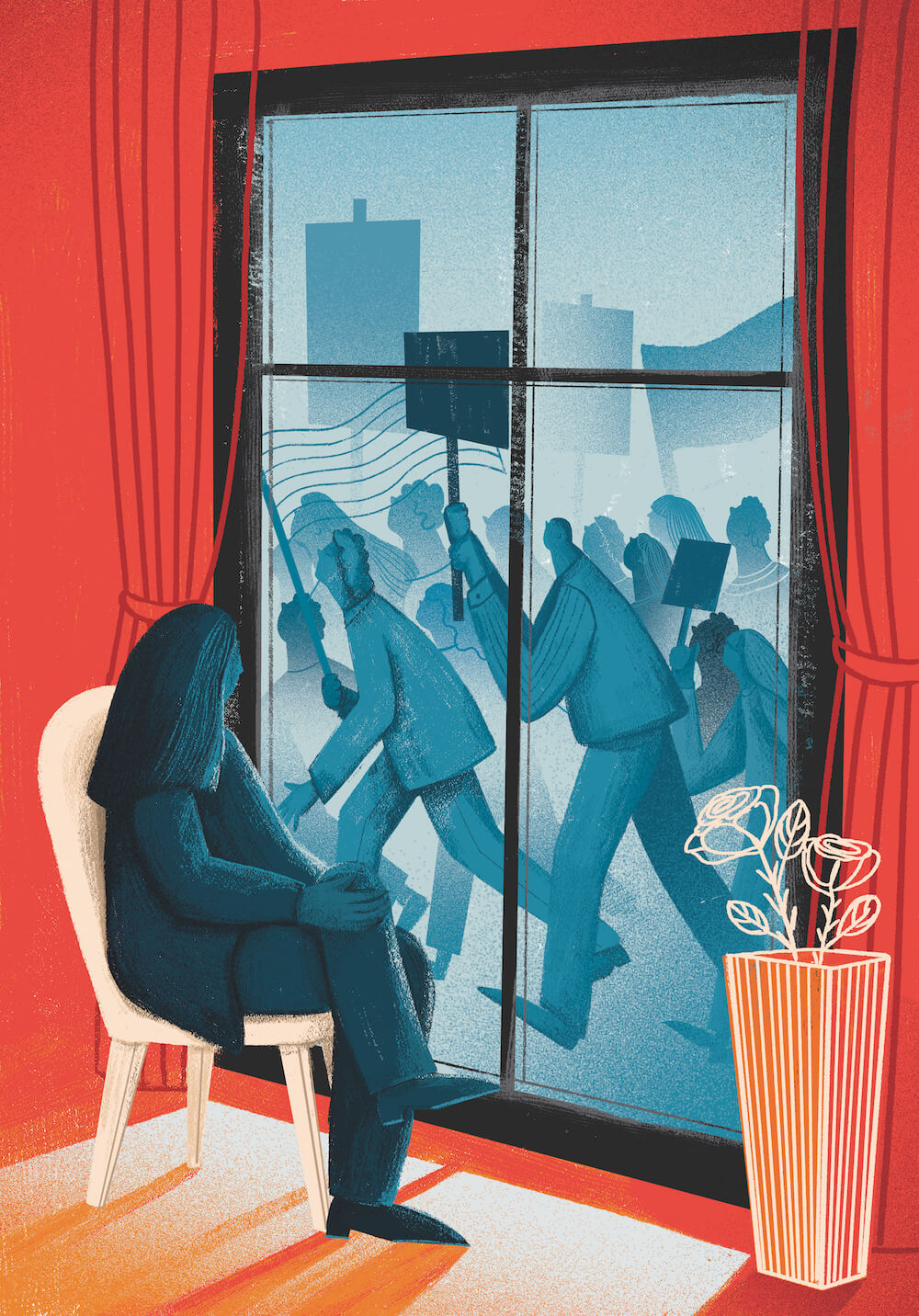
The significant surge of inflation in Poland, reaching a cumulative 34% in 2021-2023 period, resulted in the substantial cost increase, forcing layoffs, content reduction and cuts in quality (like proofreading and editorial staff) at several major and smaller media. At the same time spending on culture and entertainment, including subscriptions, became #1 item reduced by consumers in their saving efforts. As a result, independent media are under pressure both from the cost and revenue side.
The trust in media declines, while the segment of “news/press avoiders” increases.
The recent research [Avoiding the News: Reluctant Audiences for Journalism, Columbia University Press, 2023] indicates a growing segment of “news avoiders”. They are mostly younger, women, and from lower socioeconomic classes, and consider traditional news outlets as “not for people like them, but for the elites”. Most access superficial information reduced to sensational headlines, mainly accessed in social media (in Poland 55% of population, only 13% point at the press). This is especially challenging in Poland, where readership is very low, as only 40% of Poles read one book a year, and just 10% 7 or more [Polish National Library, 2023].
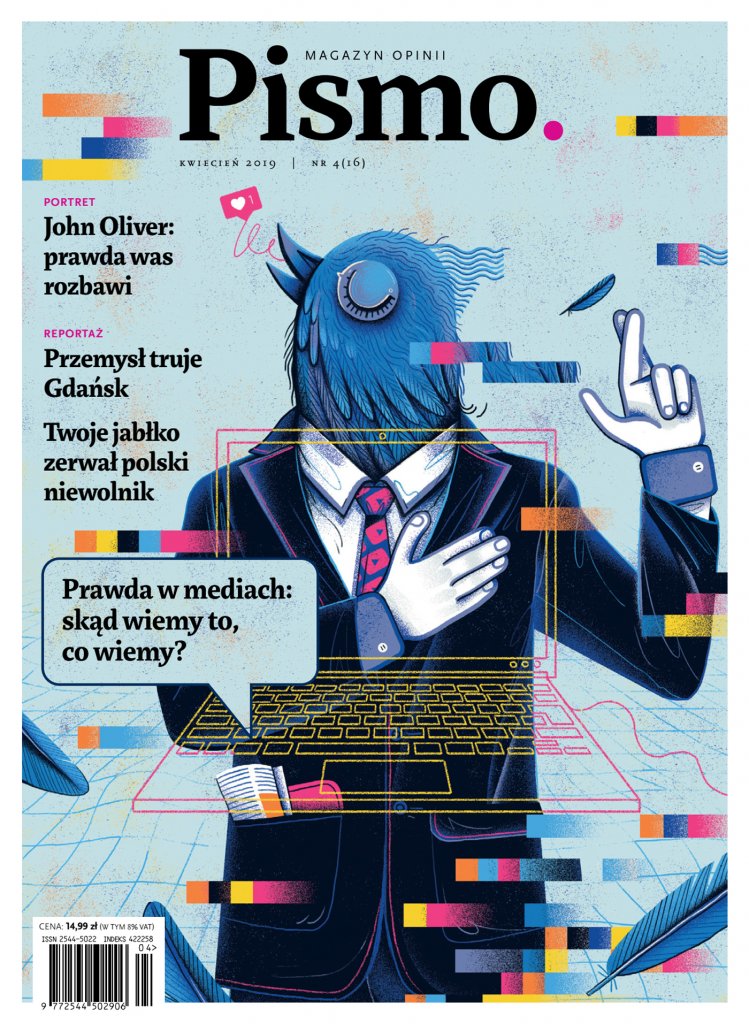
At the same time the trust in the media is declining. In Poland only 19% of citizens believe the media are independent of political influence. Just 42% declare trust in the media, down from 57% in 2015 [Reuters Institute Digital News Report 2023]. These trends have a major impact on the Polish civil society, as citizens are less informed, more eager to formulate uneducated opinions and more prone to populism.
Pismo is a unique pro publico bono initiative aimed to address these challenges.
Pismo is a unique nonprofit media project run by the Pismo Foundation. Our mission is to shape current and future leaders of social, political and cultural life by exposing them to the most important issues and inspiring them to reflect on the trends shaping the future. A word “Pismo” stands for “writing” in Polish and we believe that by offering Polish thought and opinion leaders access to in-depth, high quality, nonpartisan, fact-checked content we can contribute to opening and democratizing our society and to make it more resistant to autocracy and populism.
We are a team of people who believe in honest, reliable, high-quality journalism working for the public purpose. Every day we strive to keep creating socially sensitive, in-depth and non-partisan content in an editorially independent environment. Our values always come first and no financial gain would ever sway us to engage in sensationalized reporting or to instigate pointless partisan disputes. We take great pride in our uniqueness and we are thrilled to create Pismo for our committed readers, who are open to the world.
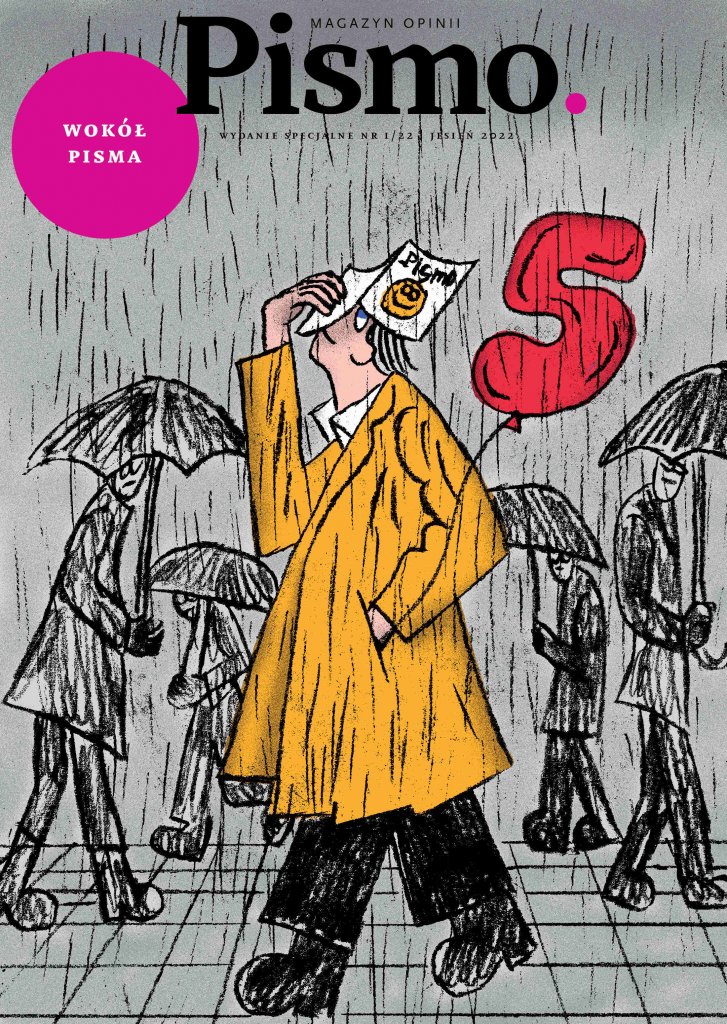
The vision for Pismo is to become a role model for independent journalism working for the public purpose, uncompromising on quality, depth and reliability of content. To be a major source of in-depth knowledge about the world and people for Polish opinion leaders and for the “news/press avoiders”.
Pismo is a distinctive media initiative on the Polish market.
Pismo is a monthly magazine with the first issue published in January 2018. Since than it has proven its distinctiveness built on:
✎ A focus on the in-depth, long read/listening, carefully edited content that is avoiding daily political or casual sensations and covers issues that are relevant and important to our readers – the current and the future leaders of Polish social, cultural and economic life – and covers broad spectrum of topics including the social issues, economy, climate and environment, human rights, open democracy and civil society, geopolitics, culture.
✎ Its content combines investigative reporting (reporter-at-large, narrative reportages) with non-fiction (essays, portraits or interviews), fiction (short stories, poetry) and image (iconic illustrations, graphic stories, photo reportages receiving major awards).
✎ The simultaneous development of three content formats: paper, digital and audio:
1. Digital and audio (both available at magazynpismo.pl, but also in a mobile app and as e-reader ebooks) are the key vehicles for the user’s reach.
2. Paper represents a signature of Pismo style (the magazine’s layout was designed by Jacek Utko, winner of several International Newspaper of the Year and the European Newspaper of The Year awards) and addresses the still large and recently neglected segment of the audience preferring to read on paper.
3. Important part of this strategy is a production of non-fiction investigative podcast series (like Pismo Investigation), which reaches an audience that typically does not read press.
✎ Subscriptions are the main driver of the reader’s revenue and mean to achieve financial stability and resilience.
Since Pismo’s mission is to restore the highest journalism standards, it deploys a very diligent editorial and fact-checking process.
In its pursuit of the highest quality and reliability, Pismo deployed a very thorough editorial process, openly communicated to its contributors, including several editorial, fact-checking and proofreading steps involving at least 5 different persons each time.
As probably the only editorial team in Poland (media in Poland not only do not have fact-checking procedures and teams, but are cutting even the proofreading resources [in 2022 research by Press only 18% of journalists indicated that their media outlets have internal or external fact-checking units; in Feb 2024 #1 opinion newspaper laid off majority of the proofreading team]) it conducts diligent fact-checking of all content published. Although Pismo’s full time team is very small (together 16 people in all functions), it employs a full-time fact-checking editor in charge of the fact-checking process. He is supported by four to five external freelance editors that cooperate with Pismo on an ongoing basis, and conduct detailed fact-checking. In addition, for selected pieces external reviewers are asked for a content review. Finally, with the two rounds of proofreading, we aim to capture the potential mistakes that could remain despite this diligent process.
Pismo is providing its readers with insights on the most burning and complex issues.
Pismo covers a broad array of topics from geopolitics, democracy, civil society and human rights, key economic and technology trends, social issues, climate change and environmental protection, and the developments in culture and literature. To provide some examples:
It provides insights on climate change, with such notable examples like the series of Pismo Lenses (Pismo’s innovative reporter-at-large format) called Earth, awarded Grand Press 2022 for the best coverage of climate issues, the essay Addio pomodori. What will we lose in the climate crisis? nominated to the 2020 European Press Prize, or another Pismo Lens on the future of a Polish power plant that is the largest CO2 emitter in Europe, Bełchatów. Just transformation?.
It offers in-depth coverage on human rights, open democracy and civil society, with examples like the long reads on unequal treatment of women in science and IT (e.g. Matilda’s Effect); the photo series Human Rights by renowned Polish photographers, nominated to Grand Press Photo awards; an awarded reportage Siedlisko, The Mayor’s Little Duchy on abuses in the local government; or debates and essays on how to run public dialog in the era of polarization, incl. Why do we vote against our needs? .
Other issues important for Pismo regard social justice, migrations or a healthy digital sphere. Our awarded reporting includes Prisoners of the 4th floor reportage nominated to European Press Prize, True Story Award and a number of Polish journalistic awards; other longread like I raised 19 children about a foster care and In old age a robot will pass you a glass of water on the future of elder care; the reportage Syrian female refugees regain their agency piece presented with the award in the social journalism category at the 2022 Good Journalism Gala; the series How to fix the internet? and Techno(r)evolutions cover the digital sphere issues.
Pismo also covers the most burning issues like the war in Ukraine, starting with the set of reporter at-large and analytical pieces, through photostories (Shelling and Bachmut. Ten months of battle for the city by Marek Berezowski received two Grand Press Photo awards), to the personal stories and poetry by Ukrainian authors.
Below you can read a few examples of our recognized and rewarded content translated into English:
A deep dive into the personal stories of people voting for Konfederacja, the Polish far-right coalition

Free at last. Faces of Konfederacja
by Mirosław Wlekły
Pismo’s flagship Lens format, which covers Belarusian route via Polish border.

by Bartek Sabela
Reportage from our Pismo Lenses series called Earth, awarded with Grand Press 2022
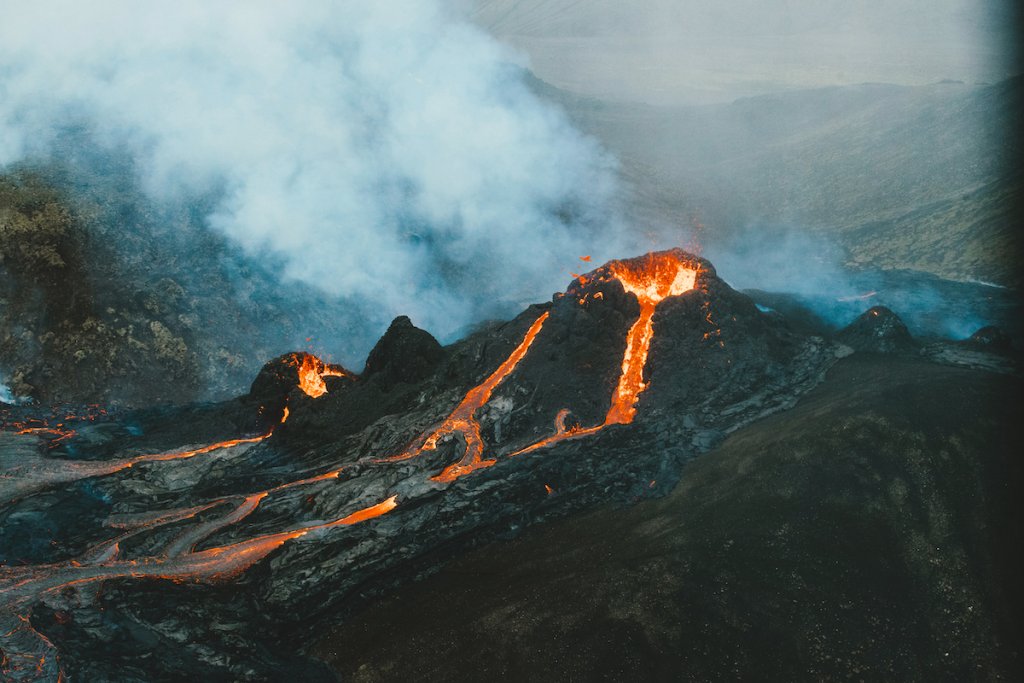
An Atmosphere Black with Carbon
by Tomasz Ulanowski
Reportage nominated to the European Press Prize and True Story Awards
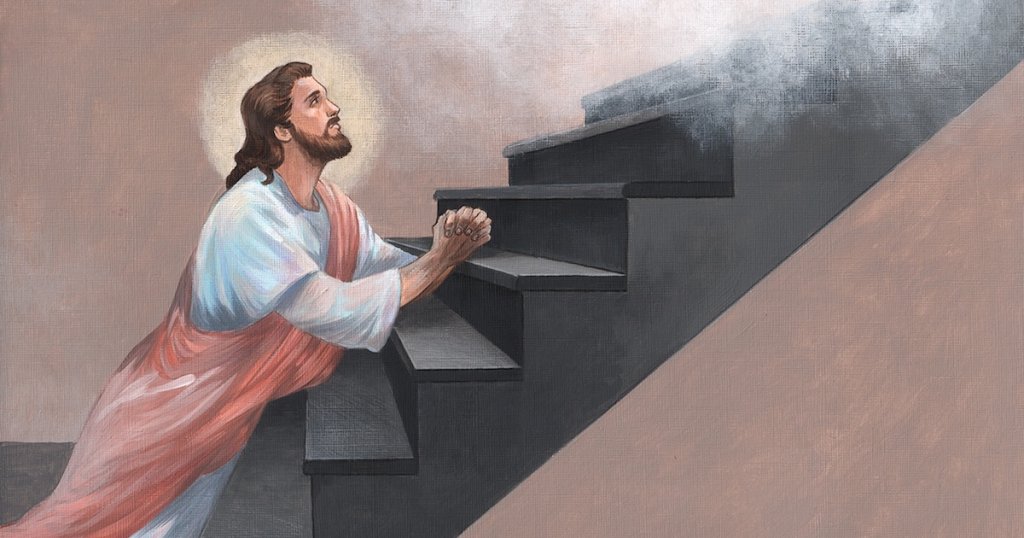
by Ewa Wołkanowska-Kołodziej
Essay nominated to the European Press Prize
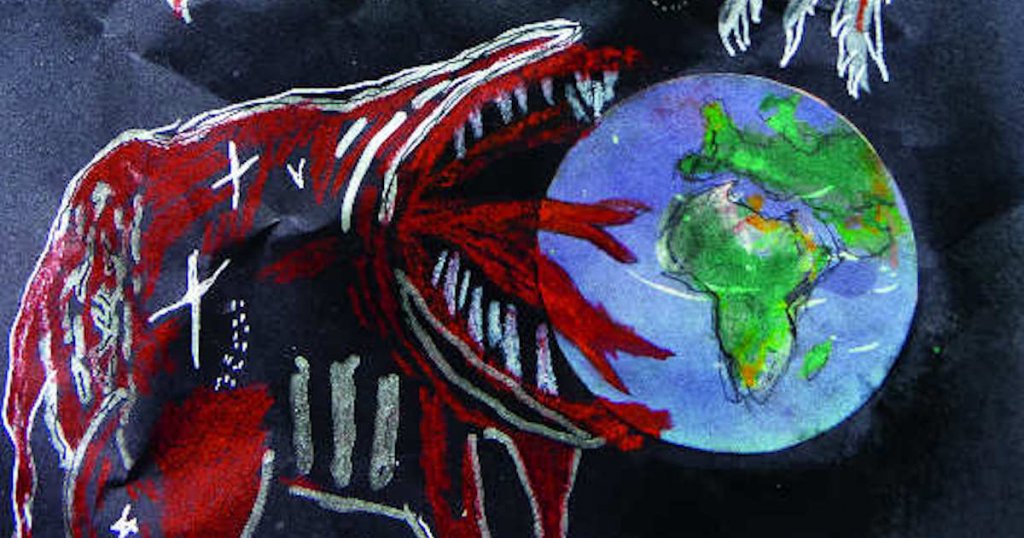
Addio pomodori: What will we lose in the climate crisis?
by Katarzyna Boni
A conversation with Grzegorz Lewicki about the fact that change often happens unnoticed and is not spectacular
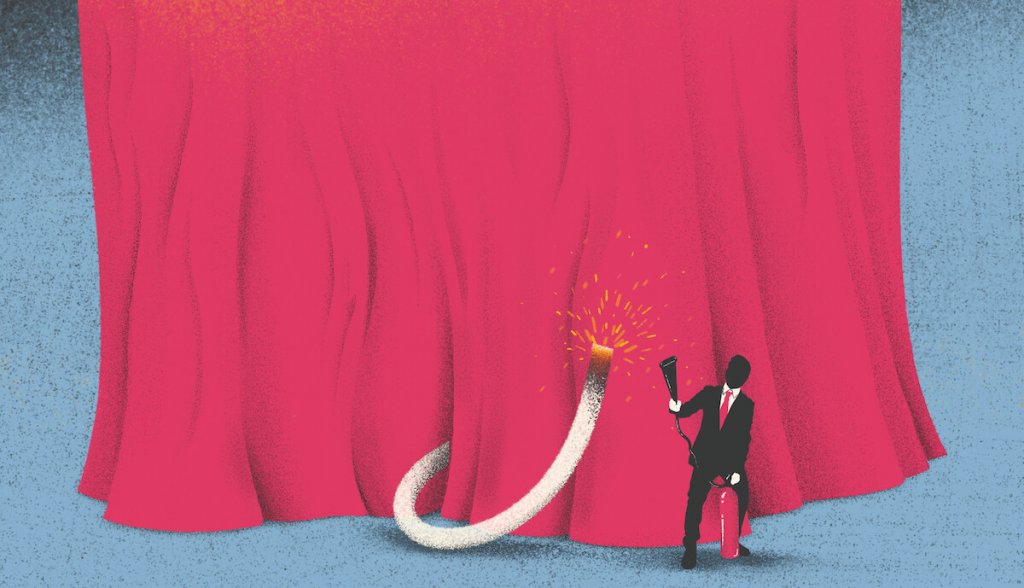
The New Middle Ages Under Big Tech
by Zuzanna Kowalczyk
Photostory rewarded by the Grand Press Photo Award

by Marek M. Berezowski
Reportage by Michał Szczęch, local correspondent of Pismo, who was awarded with several awards including Elżbieta Tarkowska Award and Faces of Poverty
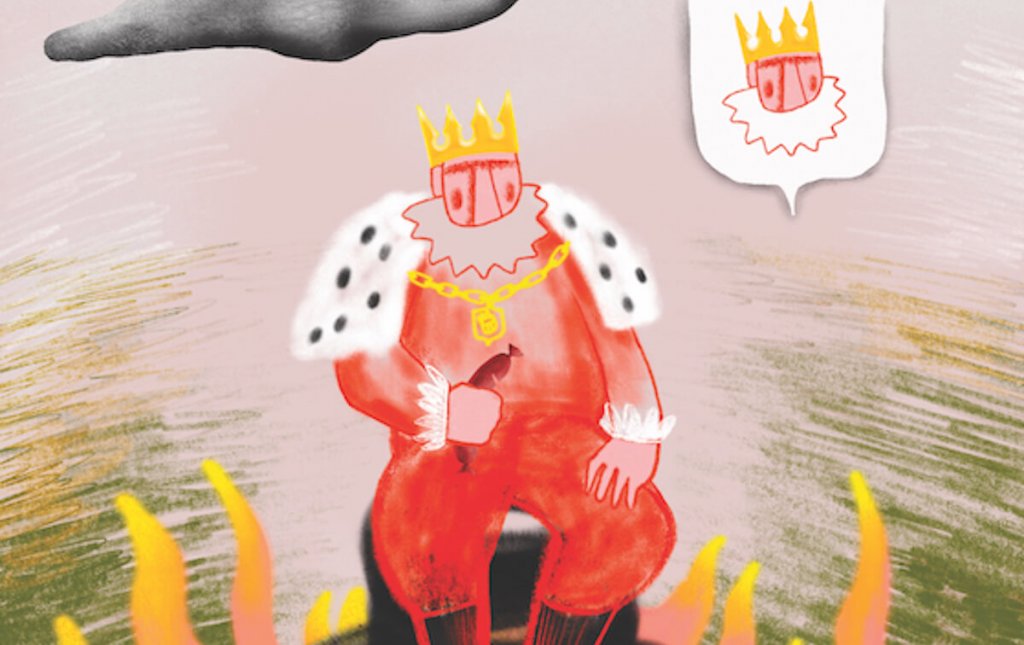
Siedlisko, The Mayor’s Little Duchy
by Michał Szczęch
Essay on the polarization and erosion of liberal democracy
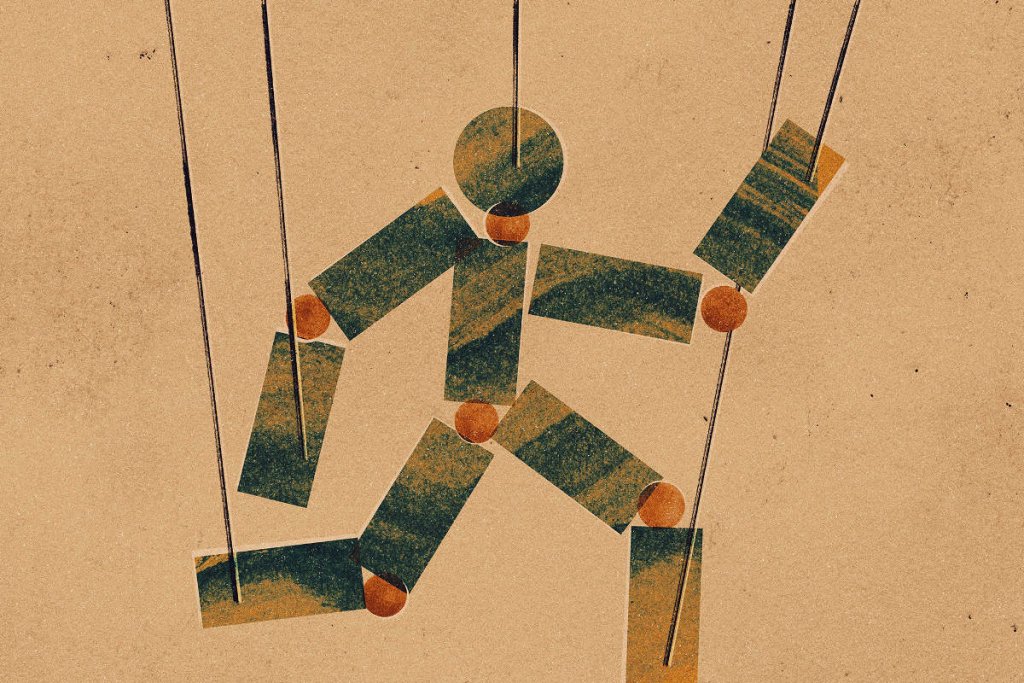
Why we vote against our interests
by Tomasz Grzyb
Reporting piece presented with the award in the social journalism category at the 2022 Good Journalism Gala.
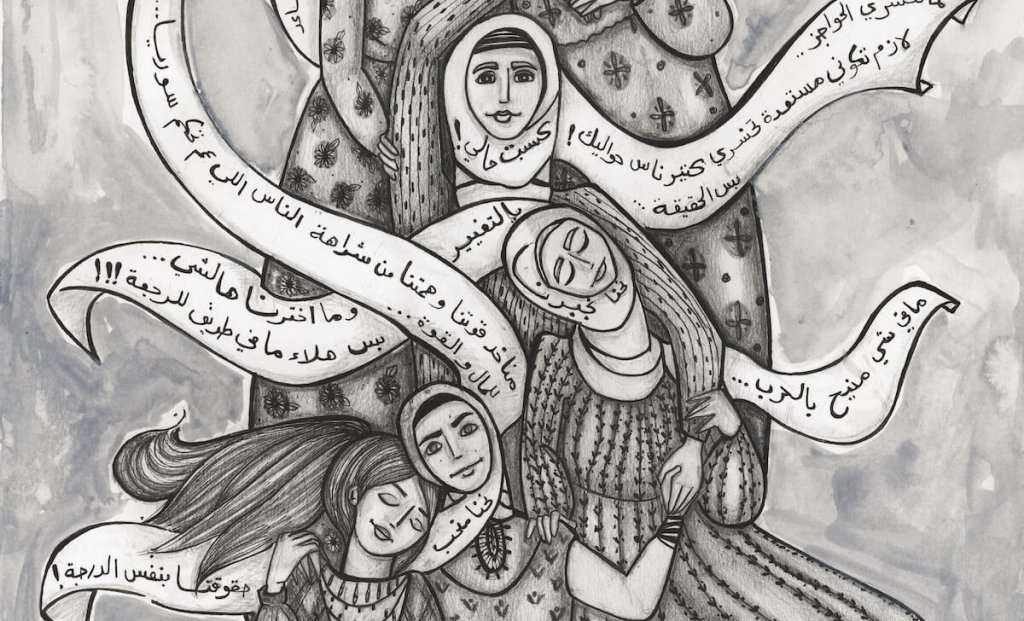
Refugee women from Syria take back their agency
by Aleksandra Lipczak
Long reads on unequal treatment of women in science.

The Matilda Effect. Her work, his name
by Weronika Murek
Reporting piece about foster care awarded with Zygmunt Moszkowicz Award.
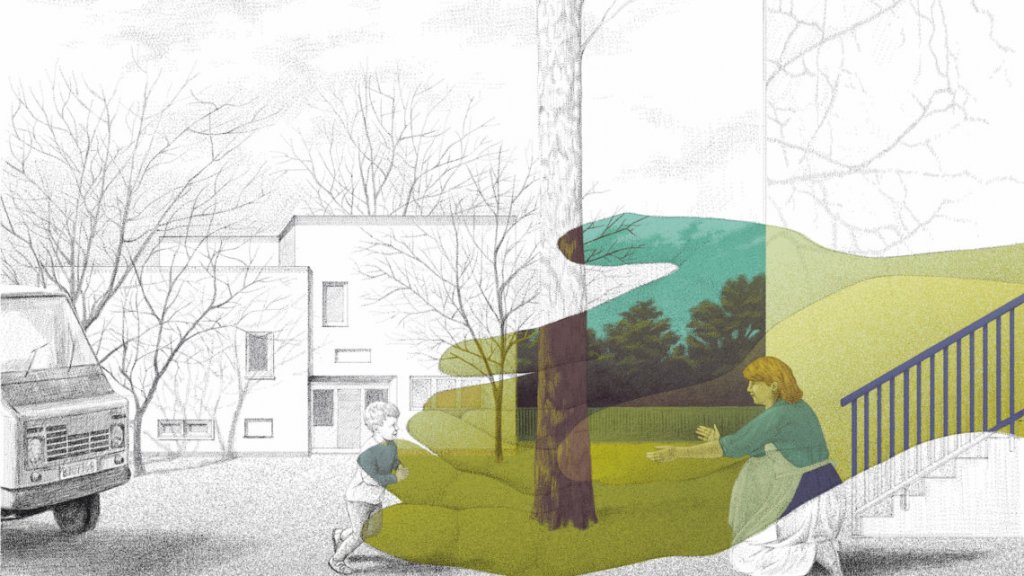
I have raised nineteen children
by Łukasz Pilip
The photo series by renowned Polish photographers, nominated to Grand Press Photo awards.
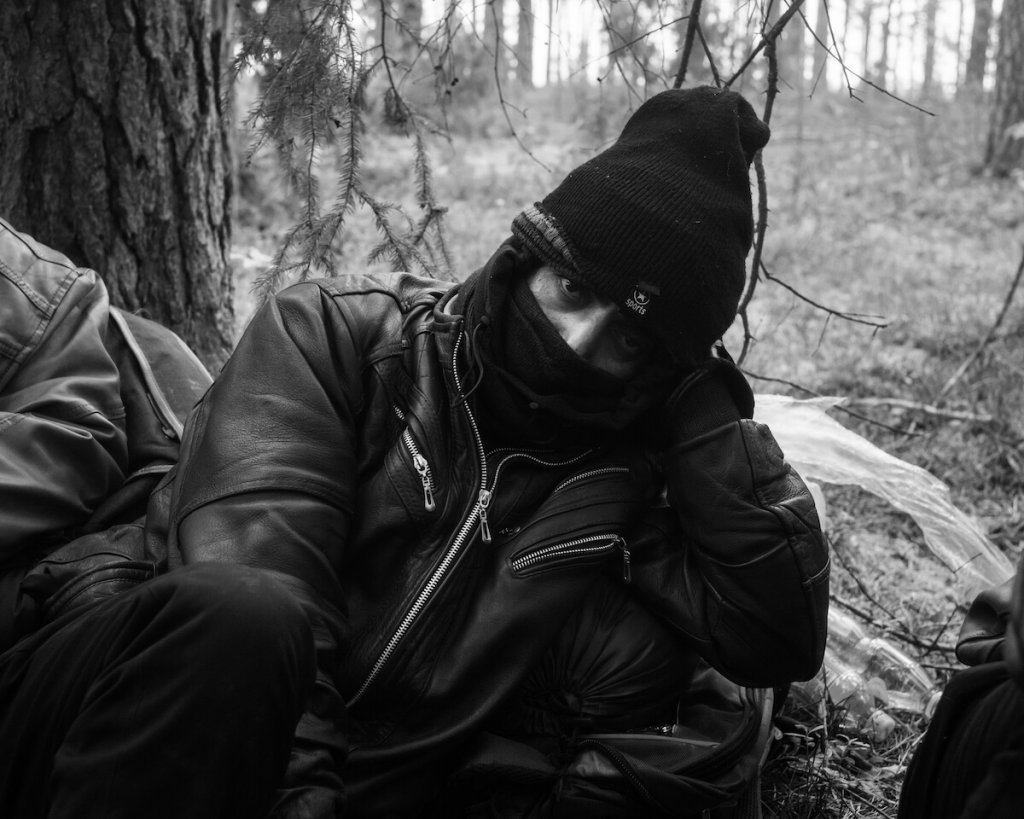
by Karol Grygoruk, Agata Grzybowska, Marta Soszyńska, Filip Skrońc, Grzegorz Wełnicki
Pismo takes its visual side very seriously.
On top of the written content, Pismo takes its visual side very seriously. The author of the magazine’s layout is the internationally recognized graphic designer Jacek Utko, winner of many prestigious international awards, including several the International Newspaper of the Year and the European Newspaper of The Year awards. All covers are illustrated and the texts in the monthly are accompanied by illustrations and graphics commissioned from the best or most promising illustrators and graphic designers.
Here you can see the examples of Pismo covers:
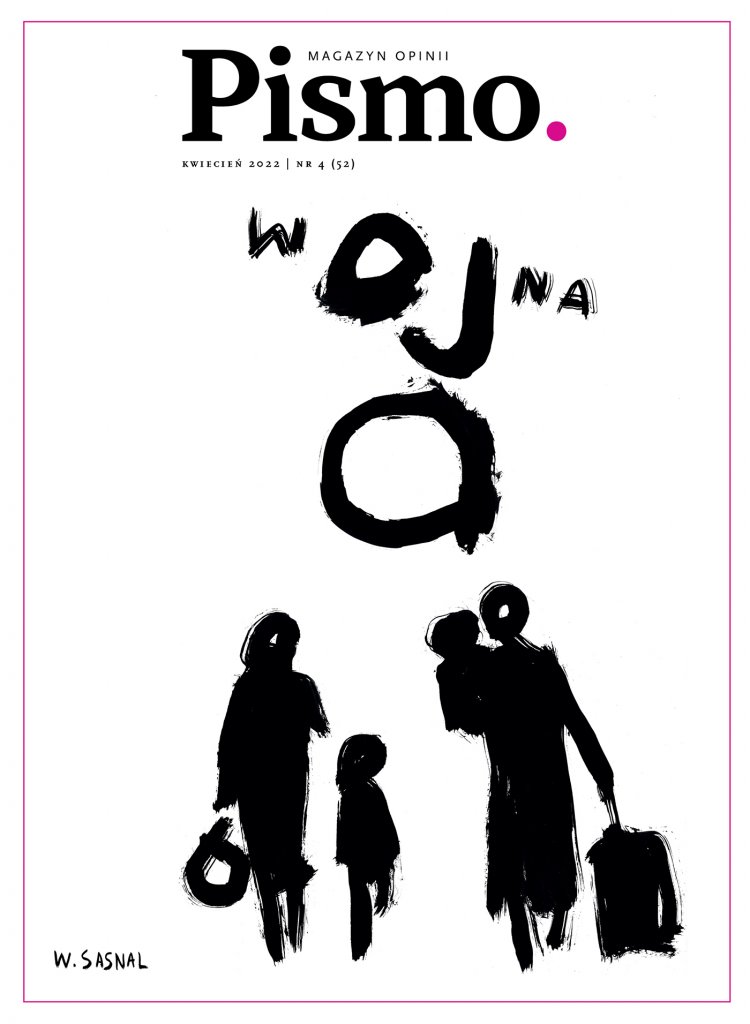
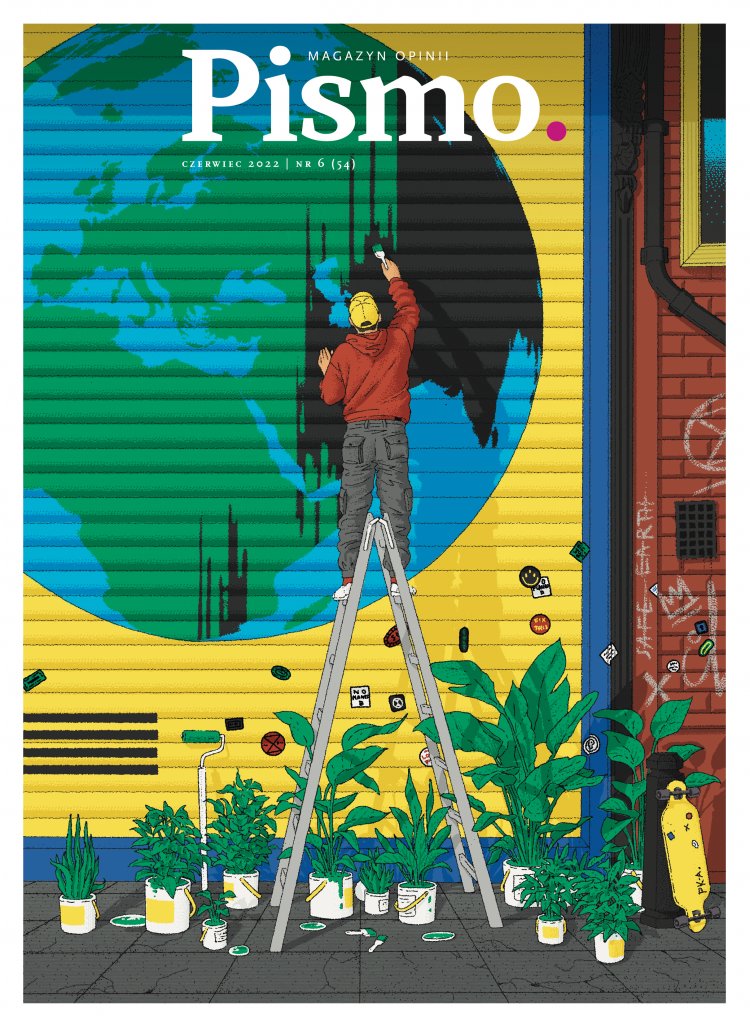
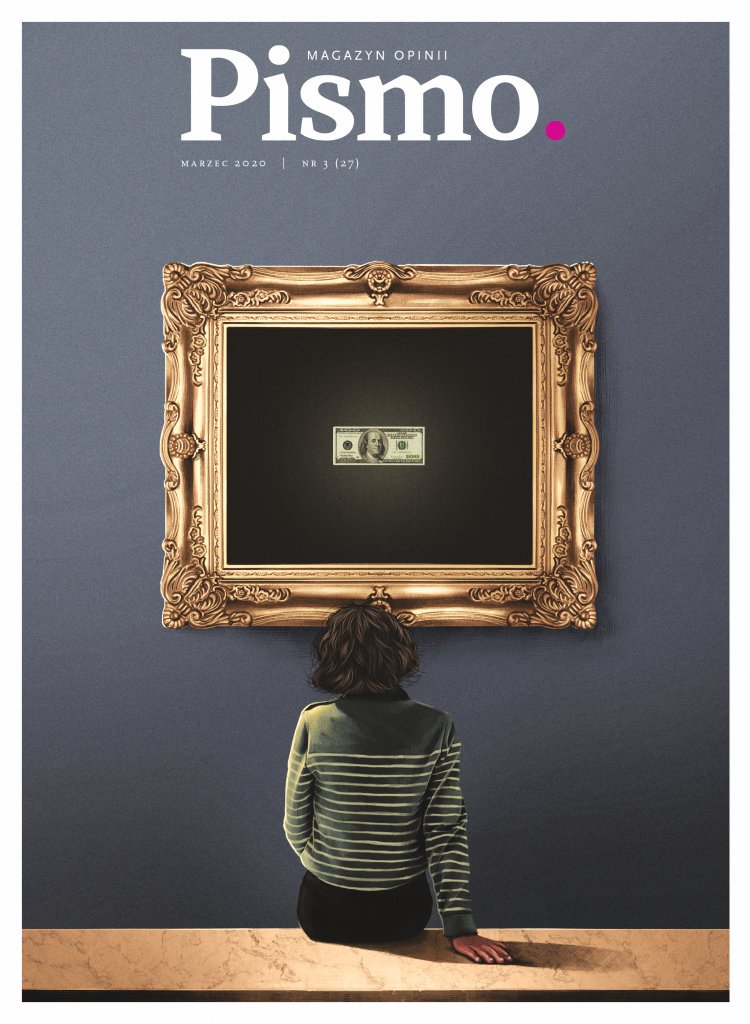
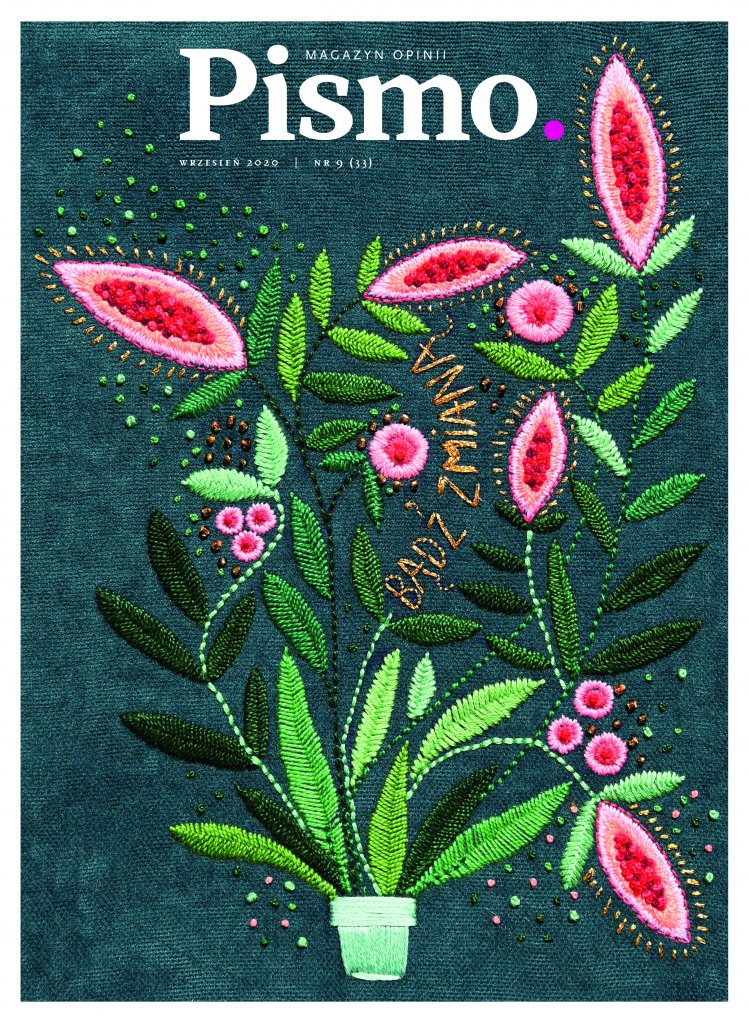
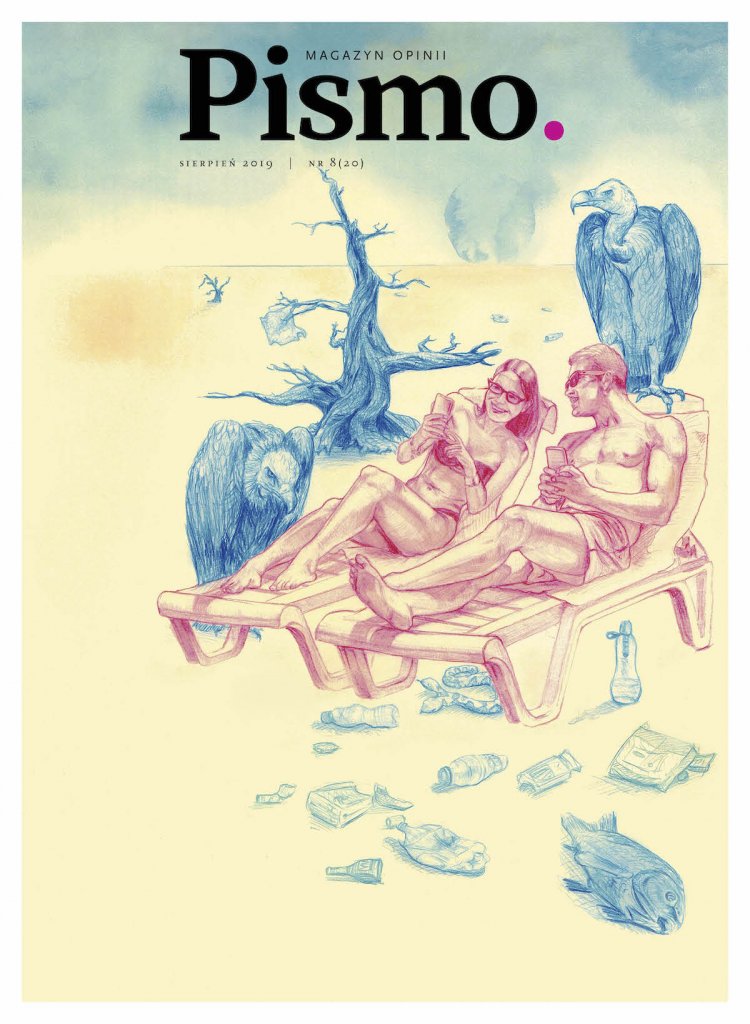
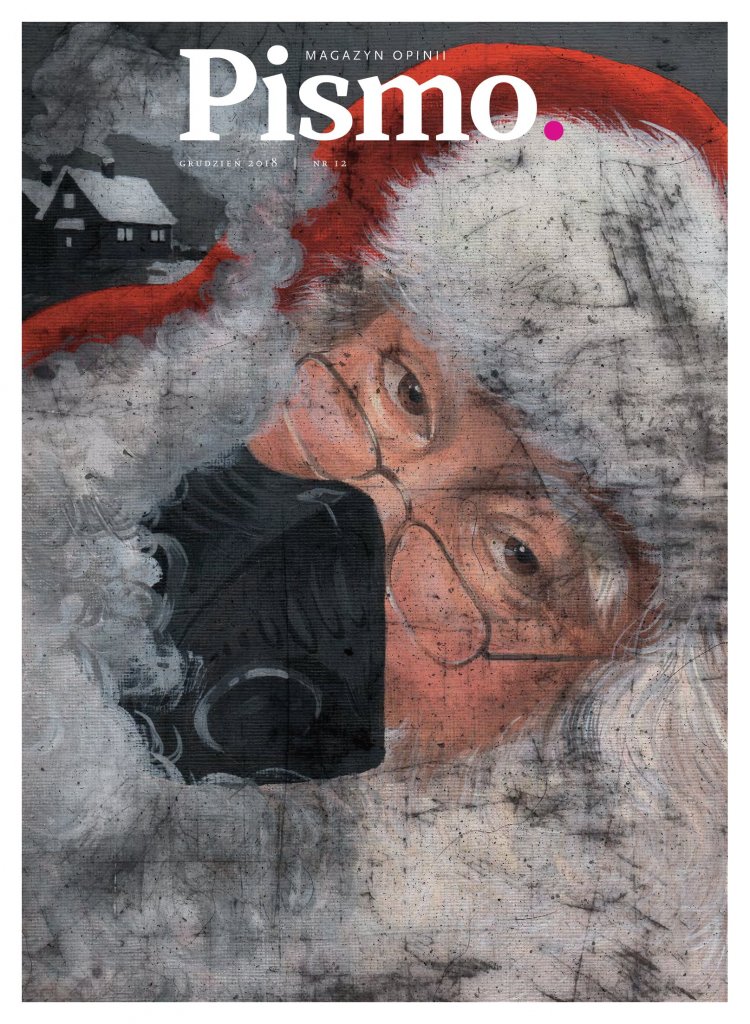
Although Pismo has only been published since 2018, it has already been recognized with major national and international awards.
It has been nominated twice for the European Press Prize (Prisoners of the 4th floor and Addio pomodori. What will we lose in the climate crisis?), and nominated and short-listed for the True Story Awards. In Poland, it has received nominations and awards in several journalism contests and events. This includes the nominations and awards to the Grand Press, including the Grand Press Award 2020 in audio reportage for the 2nd season of the Pismo Investigation non-fiction podcast series and the Grand Press Award 2022 for the Earth series of four reporter-at-large pieces, praised for being a benchmark for the in-depth coverage of complex issues like climate crisis. Marek R. Berezowski obtained two Grand Press Photo awards for his photo reportages from Ukraine (Shelling and Bachmut. Ten months of battle for the city).
Pismo was nominated and awarded at several other occasions, including the Wojciechowski Award, the Sensitive Festival awards (focused on the social issues) or the 2022 Good Journalism Gala, where the story about the Syrian female refugees in Lebanon Revolution hugs its daughters was presented with the award in the social journalism category.
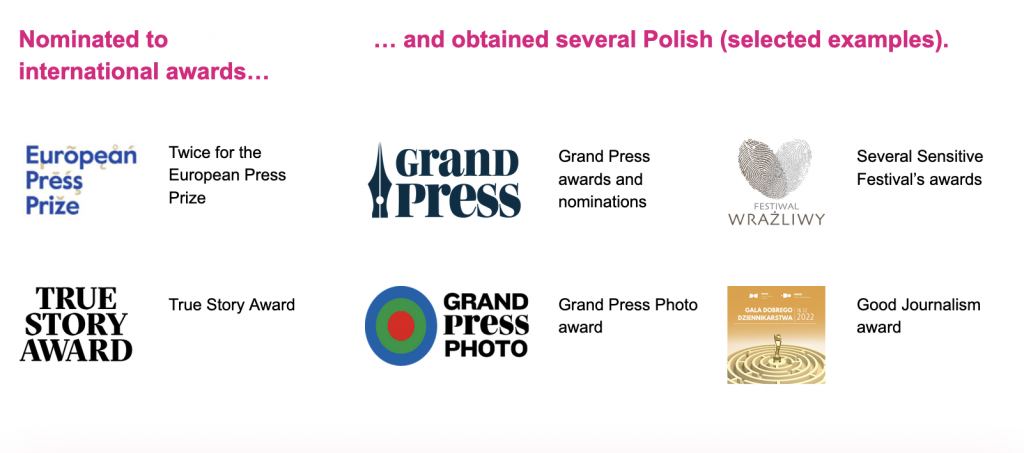
Pismo has been recognized by independent media research and industry associations…
In its 2019 research on the Polish media market the Media & Marketing Polska awarded Pismo for uncompromised setting of standards and reminding what the essence of the press is.
In 2023 Magdalena Kicińska was announced Editor in-Chief of the Year by Media & Marketing Polska, which justified the award:
After five years of existence, „Pismo. Opinia” in each issue confirms that calling it the Polish version of The New Yorker is not an exaggeration (…) is a rare commodity these days. (…) We are witnessing a deep crisis of the printed press, whose readers massively flow to internet portals and social media, increasing difficulty for readers to focus their attention on longer texts (…) as well as the media’s pursuit of not necessarily real, but „freshest” news and clickbait headlines. Pismo goes against these trends (…) focuses on in-depth, solidly documented journalistic materials.

In 2021 Pismo was awarded with PIK Laurel by the Polish Chamber of Books in the category of ‘The most interesting presentation of a book and reading in the print media’. During the laudation for Pismo the presenter said:
The magazine has managed to create an unusual innovative and attractive formula, which includes both poetry and reportage. It is an opinion magazine, emphasizing its independence from party politics. However, everything is political: ecology, psychiatry, and even human rights… political opinions are no longer the result of discussion and are hardly based on analysis of problems. They are an element of the bargain and a game for media visibility. The mainstream media fight for visibility and heat up the dispute, reacting mainly to each other. Pismo restores balance and offers a reflection on the surrounding world. The 2021 PIK Laurel Award is given for boldness, perseverance and awareness of threats to the near and distant future.
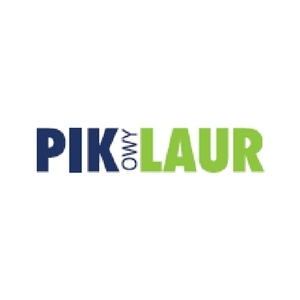
… and praised for its innovative content formats.
Śledztwo Pisma (Pismo Investigation) is the first in Poland non-fiction, investigative podcast series. It was launched in 2019 and so far broadcasted five seasons, all were nominated for Grand Press and/or Podcast of the Year, Audionomia and Best Stream awards, and Season 2 received the Grand Press for audio reporting in 2020. In August 2024 a new series Saami. Scandinavia’s remorse premiered, being a first step in the expansion of the format beyond the Pismo Investigation franchise. More information on this format can be found below.
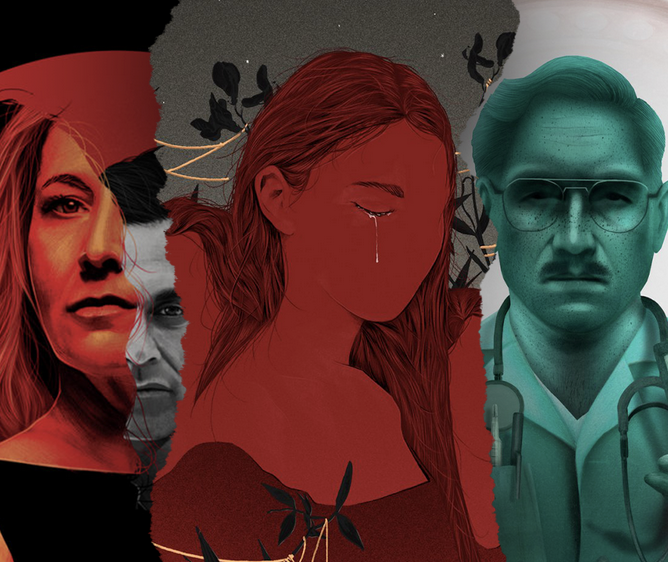
In 2021 Pismo launched its new reporting format called Soczewka Pisma (Pismo Lens). This is a type of content that the Polish press has not published for years. A “reporter-at-large” format, outcome of several months of in-depth reporting by the outstanding journalists, supported with dedicated editorial work, rigorously verified and enriched with photographs, illustrations and data journalism (especially in the digital version). The 4-part series of Lenses called Earth presented in depth the challenges related to the climate crisis and was recognized with the 2022 Grand Press Award.
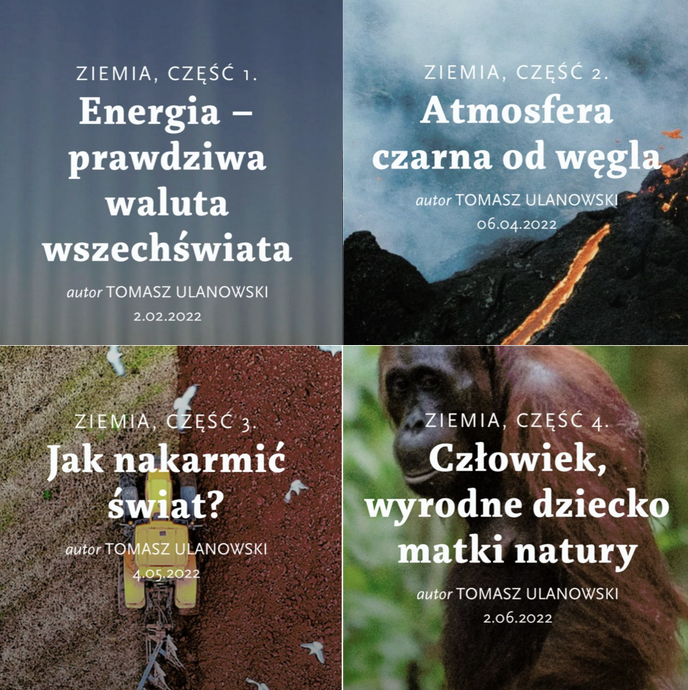
Pismo reaches Polish current and future opinion leaders with about 50 thousand users and readers monthly, including ca. 20 thousand regular and very engaged…
Pismo’s mission is to shape current and future leaders of social, political and cultural life by exposing them to the most important issues and inspiring them to reflect on the trends shaping the future. 60% of regular readers and subscribers are middle and senior managers, entrepreneurs, representatives of professional services, academic and high school teachers, NGO and culture leaders. We also reach future leaders, as two thirds of our readers are under 35.
Our audience is very engaged: the Net Promoter Score (NPS, measuring the willingness to recommend service to relatives and close friends) of Pismo is 86%, which is considered world-class.
Pismo is read and listened to by about 50K people each month, including around 20K regular readers and listeners: about 10K read the print edition, 8K the digital edition, and 2K listen to the audio version. Nearly 9K people subscribe to it. The print edition has a circulation of 12K copies. The digital edition reaches about 40K unique users monthly, and the audio content and podcasts are listened to about 20K times.*
* For reference, in 2023 “Gazeta Wyborcza”, premier Polish daily newspaper, had an average daily circulation of 40k (plus close to 300k digital subscribers); the no. 1 weekly “Polityka” has a weekly circulation of 80k; monthlies like “Forbes” and “National Geographic” sell 22k and 15k copies respectively [PBC report]
… and is effectively addressing the growing “news/press avoiders” segment.
Pismo’s response to the “press/news avoiders” challenge is reportage and investigative podcast series, one of the most innovative content formats. It combines in-depth reporting on important and complex social/other problems with attractive serial storytelling to capture the attention of the audience not following traditional news. It takes advantage of podcasts as one of the fastest growing content formats (in Poland ca. 9 million internet users, mostly young and without higher education, listen to them >1/month, 20% >1/week [„Podcast listener in Poland 2021”, LoveBrands Group/SW Research 2021]), and leverages the experience of streaming series to tell long and complex stories in an attractive way.
Pismo fulfills this promise with the Pismo Investigation, the first Polish narrative non-fiction podcast series. Since 2019 five seasons have been released, and in August 2024 a new series Saami. Scandinavia’s remorse premiered, being a first step in the expansion of the format beyond the Pismo Investigation franchise. The episodes of all seasons have been downloaded or listened to 2,2 million times by approximately 330K unique listeners. The audience is very close to the profile of the “news/press avoiders”: primarily women (74% of the listeners) and young (67% <35 years, 15% < 24). Pismo reaches them with content covering complex and sensitive topics, like: issues in the foster care; physical and sexual violence faced by provincial youth; abuse of power and false solidarity of medical professionals; parental kidnappings and related failures of the justice system; stalking.
It is led by a strong and diverse team.
Pismo leadership team of three forms the Management Board:
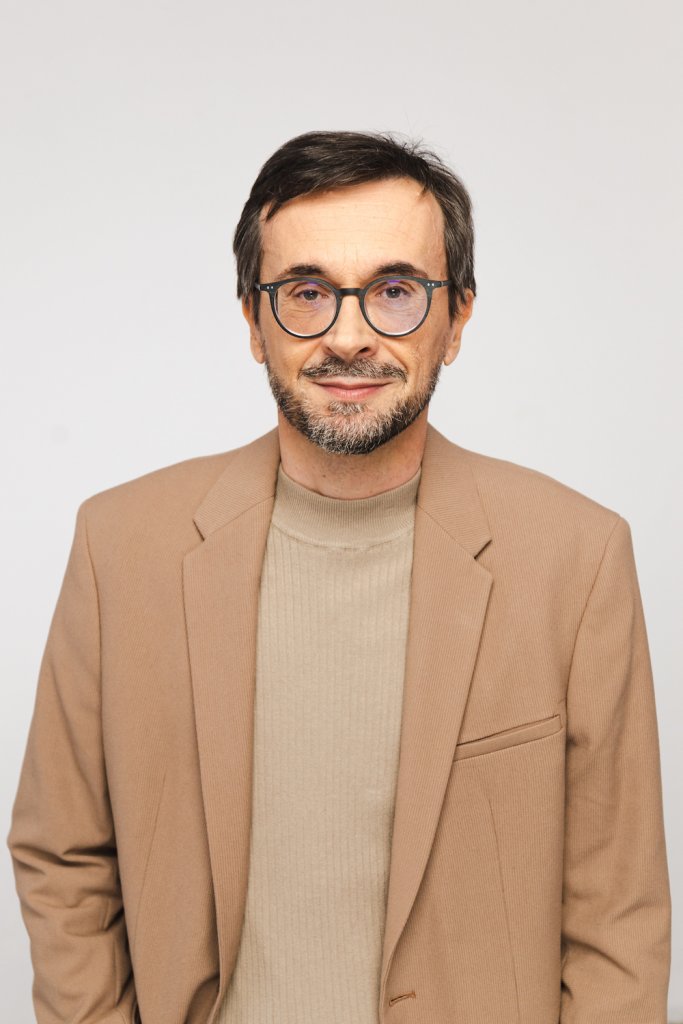
Piotr Nesterowicz. Creator, CEO and publisher of Pismo, producer of Pismo Investigation. PhD in Management, ex McKinsey Associate Principal and a telecom CEO and COO. Author of essays, reportages, short stories and novels. Nominated to the leading Polish literature and reporting awards including the Ryszard Kapuściński Reportage Awards and the Nike Literature Awards;

Urszula Kifer. Member of the Management Board and Editor-in-Chief. Senior editor with many years of experience in the biggest Polish print and online media, including WP.pl, Gazeta.pl, Newsweek Polska and Rzeczpospolita daily. Prior to „Pismo”, she worked at the Reporters Foundation as a senior editor and head of fact-checking at VSquare and FRONTSTORY.PL.
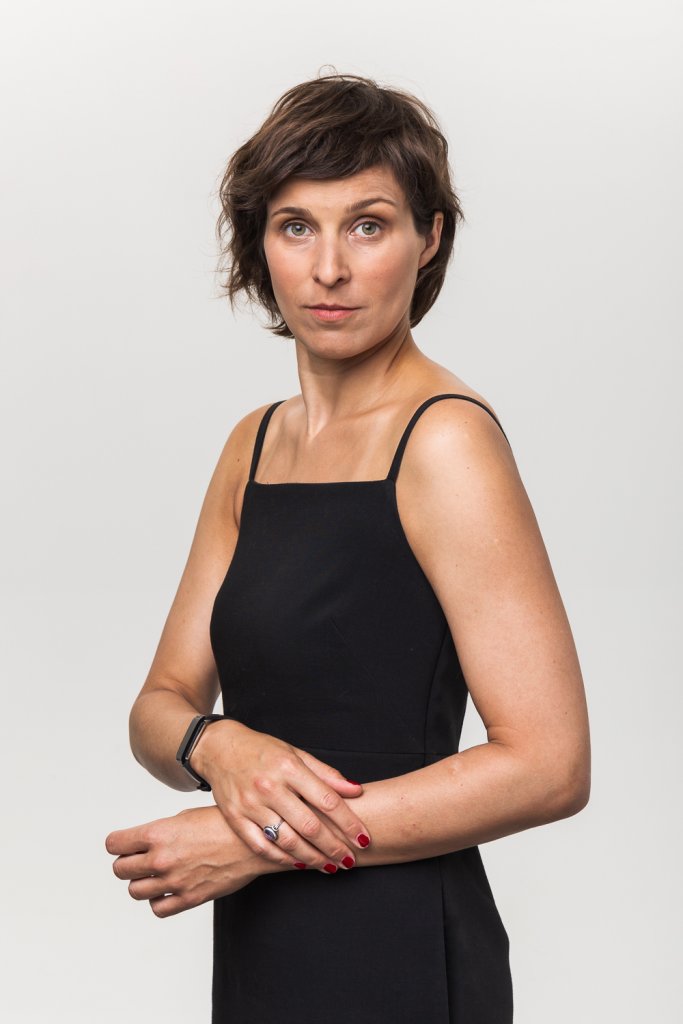
Kalina Wyszyńska. Member of the Management Board and Head of Marketing and Sales in Pismo. For several years associated with the media and internet projects, former Marketing Director at gazeta.pl (one of the leading Polish portals) and Chief Marketing Officer at various subscription based companies. She graduated from social psychology of information and communication at the School of Social Psychology.
The team creating Pismo is a small, vibrant group of 16 professionals, 11 of them women, 9 in the editorial team, one person covers fundraising and five deal with marketing, subscriptions, social media and back office operations. Pismo closely cooperates with external editors in charge of the second round of editing, detailed fact-checking and proofreading.
It ensures a very transparent governance structure.
Pismo is published by the Pismo Foundation, a non profit organization registered in 2017. The foundation’s governance is structured around the non-executive Board of Foundation, which supervises the Management Board, oversees the budgeting, planning and reporting, and undertakes all the major strategic decisions, in line with the Statue of the Foundation (court registered). The members of the Board have backgrounds in business (private equity), professional services (legal, executive search, HR development), media and NGO. Several of them are private donors of Pismo.
Pismo’s financial reporting and bookkeeping are managed by the external professional accounting firm. All the annual financial reports are publicly available at our web site and have been audited since 2021.
Pismo proved its overall resilience to major external developments pressuring the existence of independent media.
Pismo 2023 cost budget exceeded EUR 800 thousand. The team remuneration represents almost half of the cost base. The cost of content (in the paper, digital and audio editions and related IT costs) is next 25%, and the printing, distribution and subscription (like postage) exceeds 20%. The rest are marketing and administrative costs.
In the last three years the cost base increased as a result of the 2021-2023 surge of inflation, which put a significant pressure on salaries (inflation based adjustments), print and paper, postage, and all the labor-based services like content and IT development.
Despite this pressure and in contrast to several Polish media outlets, we continued to invest in the team (almost doubled in the last 3 years), content and IT solutions, assuming that consistent investments in these areas will generate positive payback. As a result, we have not only avoided staff layoffs and restriction of activities, but expanded content and drove up the subscriptions.
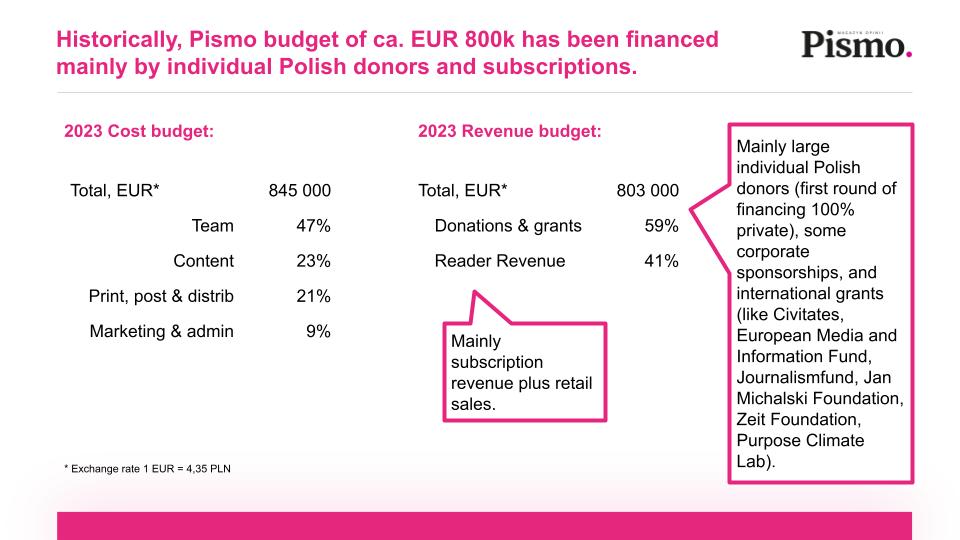
Pismo has grown in reach (in 2023 number of unique visitors increased by 80%; listenings of Pismo Investigation increased by 282k, and cumulated listenings increased by over 80% since 2020) and in number of subscribers (27% vs end of 2020, in 2023 by almost 22%). Overall revenues have increased by 22% since 2020 and, which is especially important in terms of long term sustainability, the subscription revenues increased by 30% in this period. The overall reader revenue in 2023 represented 41% of all revenues, with subscriptions generating almost 30% and retail sales 12%.
The other half of the revenues comes from the donations, sponsorships and grants. Key are private donations and grants (almost 40% of the overall revenue base), followed by the sponsorship, content licensing and limited advertising (over 10%).
While private Polish individuals are an important part of Pismo’s revenue structure (and fully financed its launch), international donors became a significant source of funding. The granting organizations include, among others (the complete list is available here):
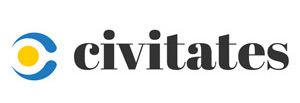

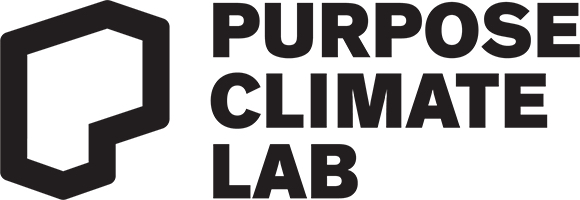
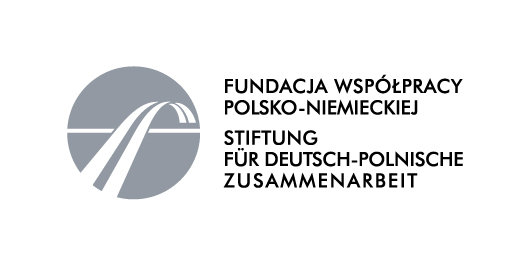
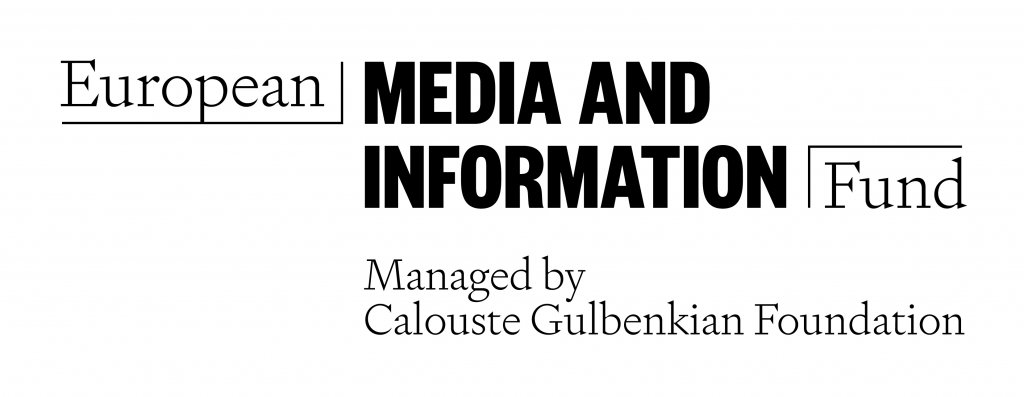
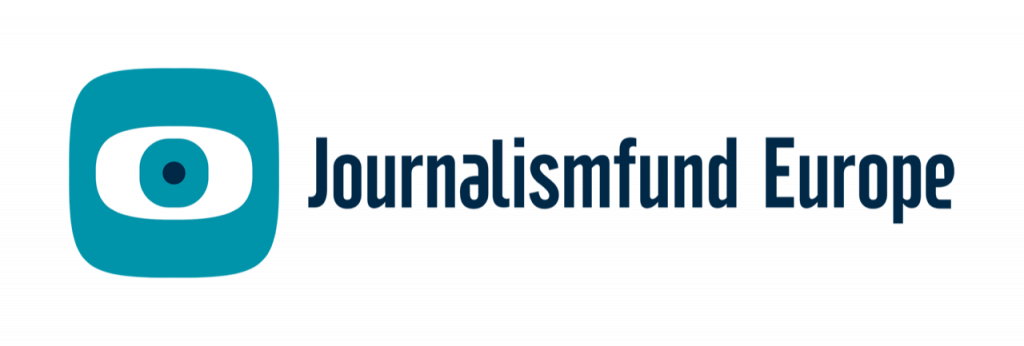
The support from private and institutional donors is crucial to finance Pismo’s strategy of enhancing quality content, increasing the reach and building long term financial stability.
The mission and vision of Pismo are:
✎ Mission: to shape current and future leaders of social, political and cultural life by exposing them to the most important issues and inspiring them to reflect on the trends shaping the future.
✎ Vision: Pismo is a role model for independent journalism working for the public purpose, uncompromising on quality, depth and reliability of content. Is a major source of in-depth knowledge about the world and people for Polish opinion leaders. In a unique way combines fiction, non-fiction and image, published in three formats: paper, digital and audio.
Strategically Pismo aims to substantially enhance unique content, especially audio, increase the reach and achieve financial stability with subscriber revenue within 5 years. The key objectives include:
✎ Growing new and high-quality content (especially long-read reporter at-large and non-fiction/reportage podcast series), with an aim to become a role model for independent journalism working for the public purpose, uncompromising on quality, depth and reliability of content.
✎ Growing audience reach, especially with the non fiction podcast series like Pismo Investigation, aiming at 70k engaged readers monthly and to more than double the current base of listeners (300k new) and listenings (2 mln of new).
✎ Doubling the subscription base and improving financial stability, aiming to increase the share of reader revenue (mainly subscription) to over 70% from the current under 50%, while growing the overall revenues to PLN 5 million (>EUR 1m).
Having these priorities in mind, the fundraising revenues from the private and institutional donors are key for the successful implementation of this strategy. It will be a main source of financing the investments in team, content enhancement, marketing and IT development. It will also provide a financial bridge until the reader revenue objectives will be achieved.
Uphold independent journalism.
We believe international donor support is key to shape current and future leaders of the important European country facing significant threats to democracy and free media, and to promote and nourish the non-partisan, in-depth, high-quality journalism that works for the public purpose. It will also allow us to reach the larger audience of news/press avoiders with in-depth, reliable, and engaging storytelling on complex issues.
Pismo is looking for donors willing to support our mission-driven initiative and to assist us in the effort to nurture a healthy civil society and open democracy in Poland.
We hope you’ll join us.
You can contact us at:
Piotr Nesterowicz
CEO & Publisher
Inez Jaworska
Fundraising Manager
The key reports and legal documents are available below:
✎ You can find the Pismo Foundation’s charter here and the current KRS (the National Court Register) is available here.
✎ The Pismo Foundation’s annual reports for 2020, 2021 and 2022 are available by clicking on the dates.
✎ The Pismo Foundation’s financial reports for 2017, 2018, 2019 , 2020, 2021 and 2022 are available by clicking on the dates and the Independent Auditor’s report on the audit of the annual financial statements for 2021 is available here.
✎ If you would like to read a one page summary of who we are, you can read and download it here.
✎ The presentation summarizing key facts about Pismo is here.
✎ Pismo – a call for institutional support document is here.
You can also make a direct contribution with a transfer to the following account:
Pismo Foundation, 1/66 Górskiego St., 00-033 Warsaw, Poland
Account no:
PL 35 1140 2004 0000 3802 7702 6297
USD 05 1140 2004 0000 3012 1243 5089
EUR 07 1140 2004 0000 3912 1243 5097
GBP 47 1140 2004 0000 3812 1243 5105
Payment title: Donation for the statutory purposes of the Pismo Foundation
Thank you for your support!
